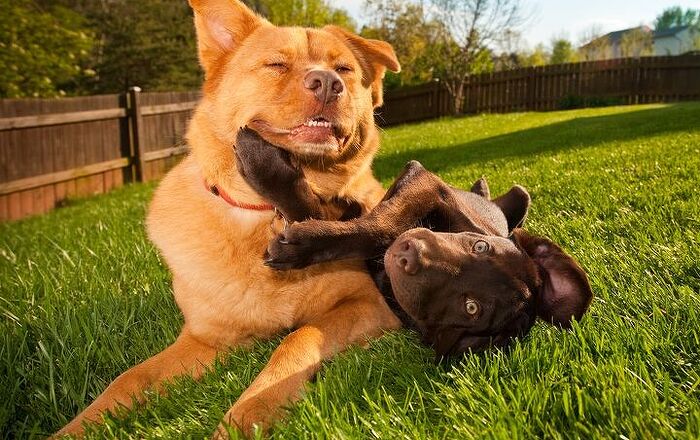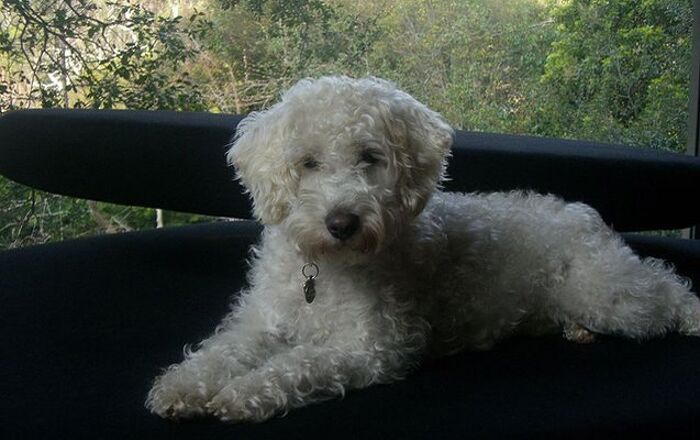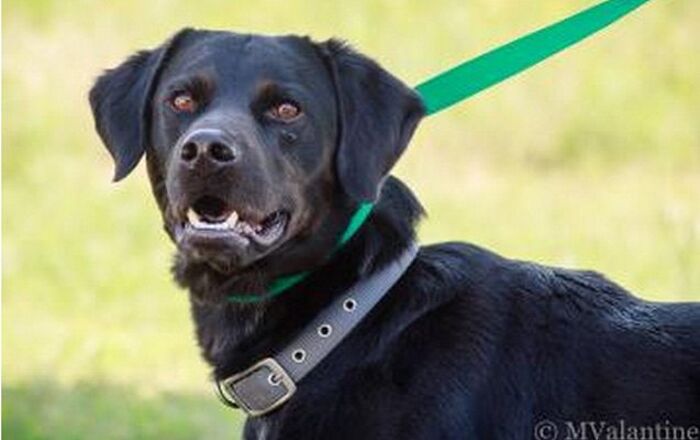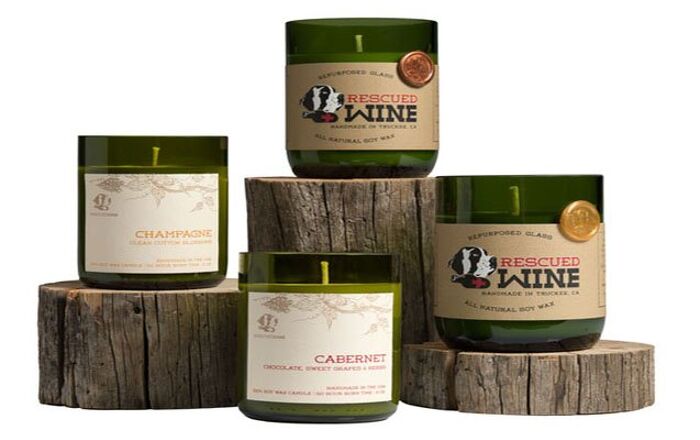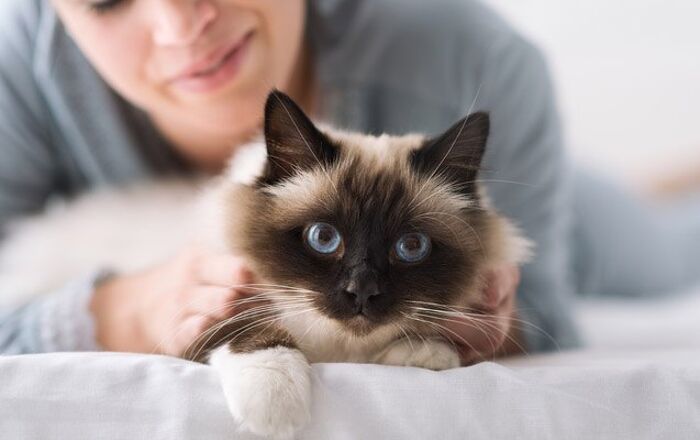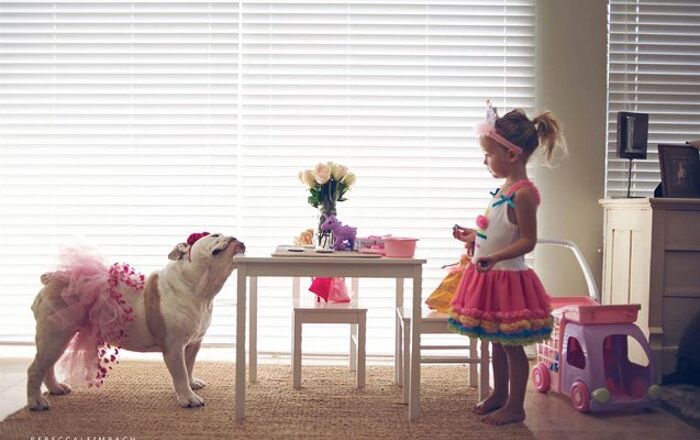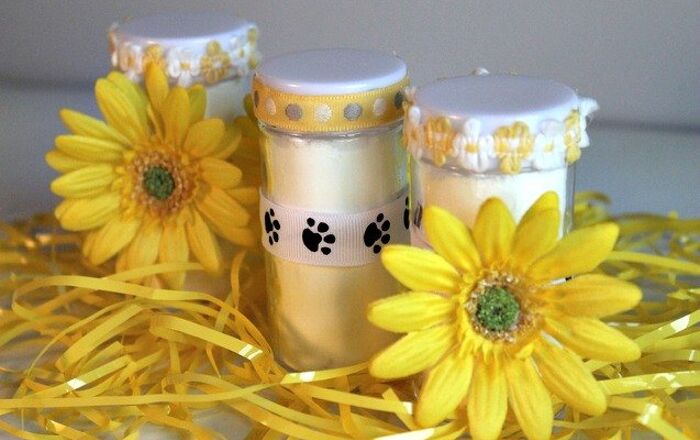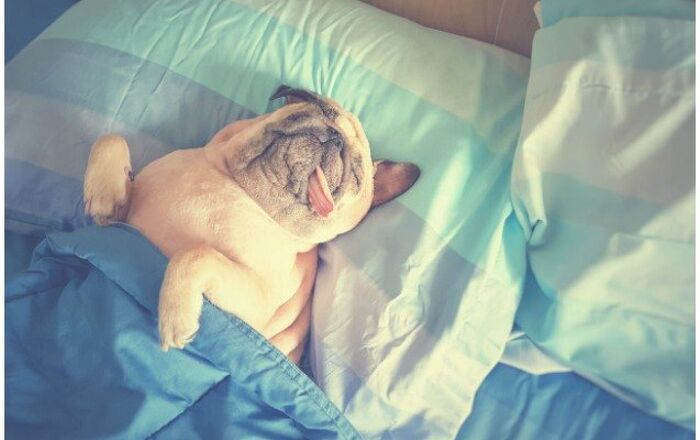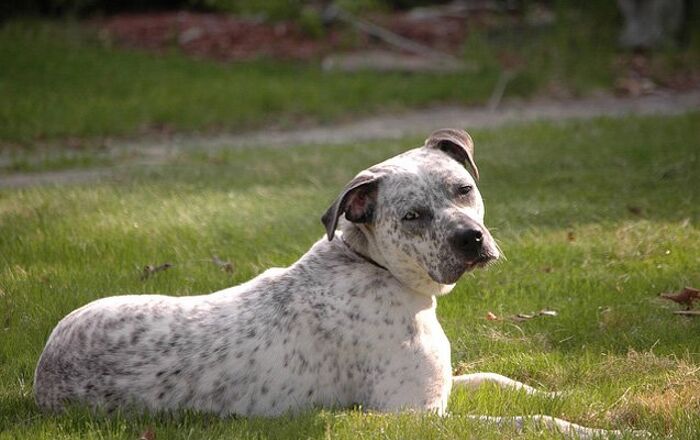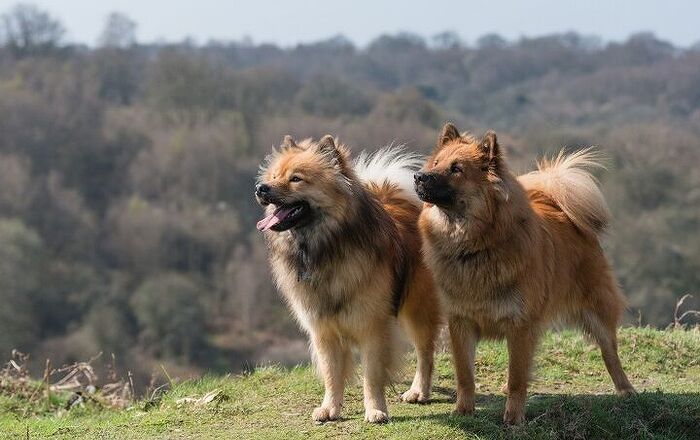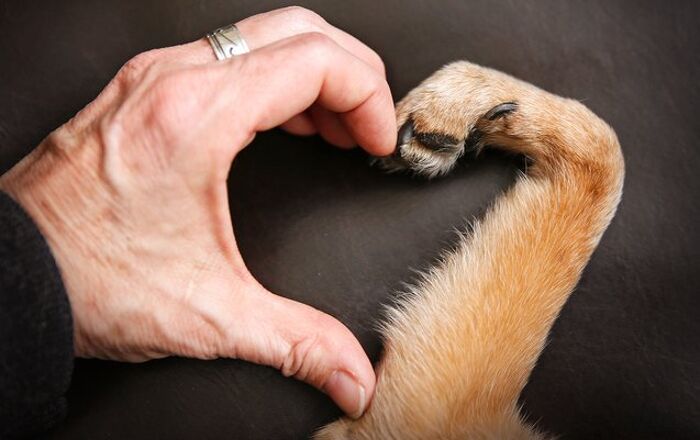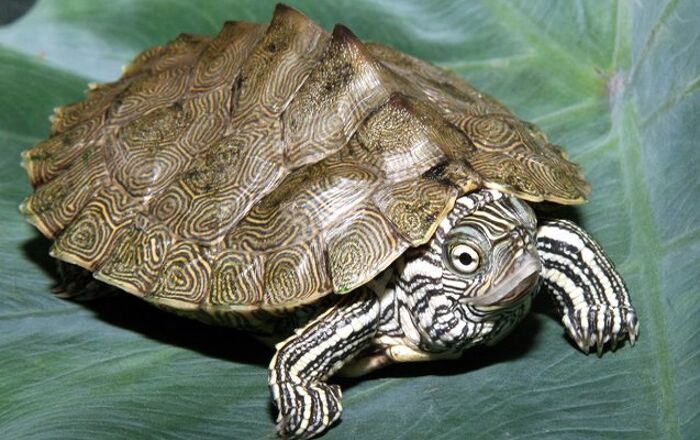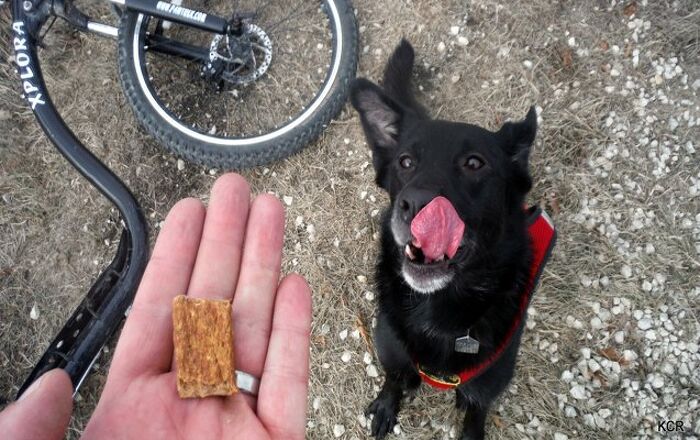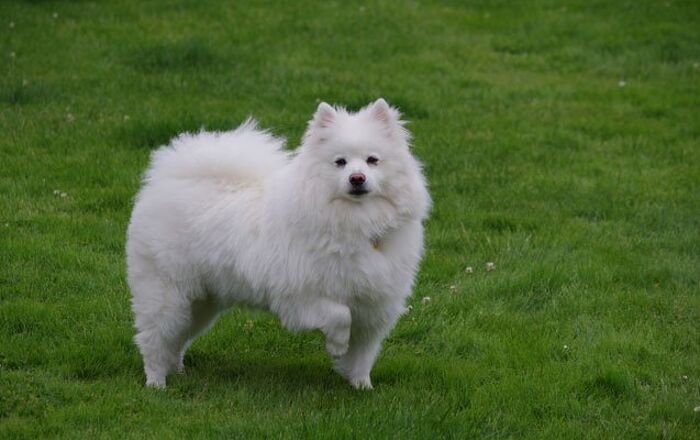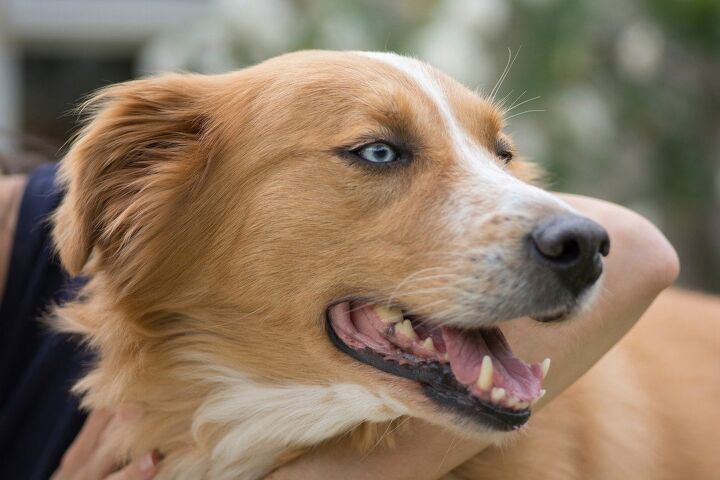
Labrador Husky Basics
Though the name of this breed might suggest that it is a cross between the Labrador Retriever and the Siberian Husky, the Labrador Husky is actually a completely separate breed. This dog looks remarkably like a wolf, having the same double coat and wild appearance. The dog is still a largely unknown breed but if you are lucky enough to meet one you will never forget the experience.
Though the name of this breed might suggest that it is a cross between the Labrador Retriever and the Siberian Husky, the Labrador Husky is actually a completely separate breed.
Origin
The exact origins of the Labrador Husky are unknown but it is common knowledge that this breed was developed in a region of northern Canada known as Labrador – this is where the breed got its name. The breed was likely developed from other Northern breeds after arriving to Labrador sometime during the 1300s. The breed was used for sledding by the Inuit people and it is possible that the Labradorian people have introduced some Alaskan Malamute blood to enhance the breed’s sledding skills as well as some German Shepherd blood for trainability.
Pedigree
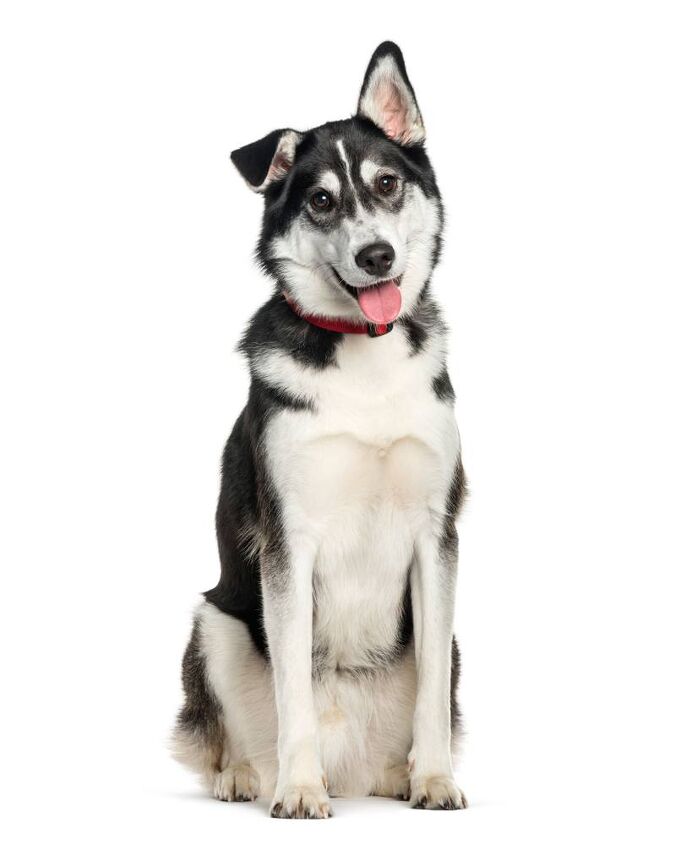
Although the name would suggest that the Labrador Husky is a cross between the Labrador Retriever and the Siberian Husky, this is not the case. The Labrador Husky is closely related to other Northern Spitz-type breeds like the Siberian Husky and the Alaskan Malamute.
Food/Diet
Because the Labrador Husky is a large breed you should offer your dog a commercial dog food diet specially formulated for large-breed dogs. It is also recommended that you consider an active or working breed formula, especially if you train your dog for sledding or other dog sports.
The Labrador Husky is an intelligent breed so it should respond well to training.
Training
The Labrador Husky is an intelligent breed so it should respond well to training. These dogs are likely to learn quickly as long as you maintain a firm and consistent hand in training. Positive reinforcement training methods are recommended for this breed and you should keep your training sessions short and fun to ensure that your dog doesn’t lose interest and stop paying attention. Because this breed is so smart it needs plenty of mental and physical stimulation to prevent it from becoming bored and developing destructive behaviors.
Weight
At maturity, the Labrador Husky typically stands between 20 and 28 inches tall and weighs between 60 and 100 pounds. Females of the breed are often a little bit smaller than the males.
Temperament/Behavior
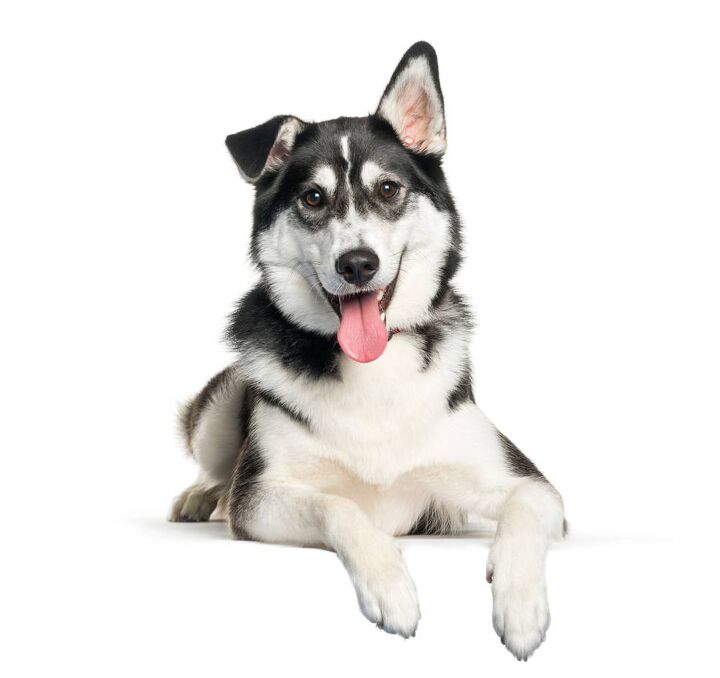
The Labrador Husky is not recommended for people who do not have a great deal of time to devote to the care of their dog. Not only does this breed require a great deal of mental stimulation but it also needs plenty of exercise and attention. The Labrador Husky is by no means a low-maintenance breed – leaving it alone for long periods of time or failing to meet its exercise requirements will likely result in the development of problem behaviors. The Labrador Husky is a friendly and loving breed by nature, though it does still require the same amount of socialization as any other breed. These dogs get along well with children when they are raised together and they bond closely with family. Labrador Huskies are strong and loyal companions that do especially well when given a job or task to do.
Common Health Problems
Because little is known about the Labrador Husky there is little information available about specific conditions affecting the breed. The Labrador Husky is still a very rare breed and special care is taken with breeding, so it is unlikely that the breed will be affected by many major health problems. Any health problems the Labrador Husky does experience will likely be related to the size of the dog – large-breed dogs often develop musculoskeletal issues like hip dysplasia and they may have a greater risk for gastric dilation volvulus (or bloat).
Life Expectancy
The Labrador Husky is a fairly healthy breed, though little is known about their exact life expectancy – it is estimated to be somewhere between 10 and 13 years.
Exercise Requirements
Because the Labrador Husky was developed as a working breed it has fairly high needs for exercise in order to work off its energy. This breed requires a long daily walk or jog in addition to some active play time. The breed will also appreciate having outdoor space to run and play.
The Labrador Husky is a friendly and loving breed by nature, though it does still require the same amount of socialization as any other breed.
AKC
Because the Labrador Husky is still a very rare and largely unknown breed it is not currently accepted for AKC registration. It is currently recognized by the Dog Registry of America, Inc. (DRA).
Coat
Like many Spitz-type breeds, the Labrador Husky has a thick double coat consisting of a soft, dense undercoat and a longer overcoat. This breed sheds continuously throughout the year, though it also blows its coat twice per year. Regular brushing and grooming is required to keep shedding under control for this breed and to maintain healthy skin and coat. Occasional baths may be needed to fully clean the coat, though the Labrador Husky is generally a clean breed.
Puppies
As a large breed, the Labrador Husky may develop more slowly than smaller breeds. This being the case you may need to keep your dog on a large-breed puppy formula for over a year to ensure that he gets the energy he needs but to prevent him from growing too quickly and putting unnecessary strain on his bones and joints. It is recommended that you start training and socializing your Labrador Husky puppy as early as possible to ensure that he becomes a well-behaved adult.
Photo credit: Eric Isselee/Shutterstock; SingerGM/Shutterstock

